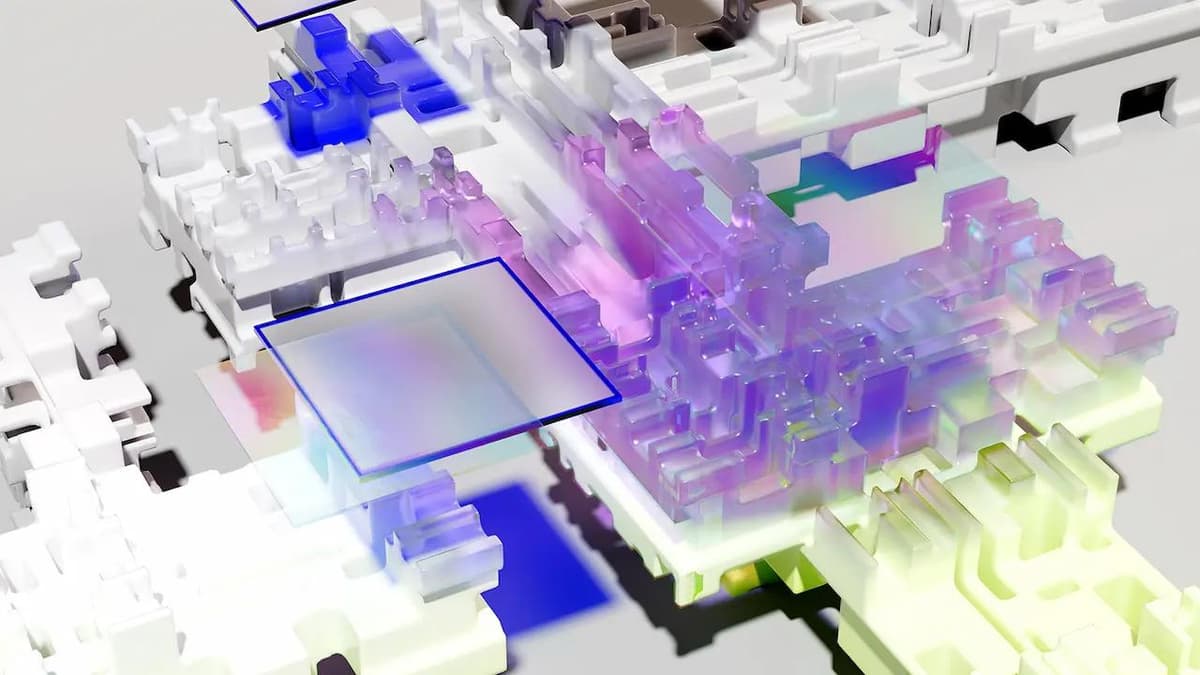Mastering the Art of Rational Decision-Making
Making decisions is an important part of our daily lives. From choosing what to eat for breakfast to deciding on a career path, we constantly make choices that shape our future. Rational decision-making is essential for navigating life's complexities effectively. Here’s how to enhance your decision-making skills.
Understand Your Bias
To become a rational decision-maker, recognize that everyone has biases. These biases can cloud judgment and lead to choices that may not be in your best long-term interest. Accept that you have blind spots. Question your immediate reactions and consider whether they are based on facts or subconscious prejudices. This self-awareness is critical for balanced decision-making.
Gather Information
Rational decision-making relies on being well-informed. Before making a decision, gather as much relevant information as possible about your options. Research can include books, expert opinions, online resources, or personal experiences. For instance, when considering a new gadget, read reviews and compare specifications rather than relying solely on advertisements.
Companies like Consumer Reports Consumer Reports provide unbiased product information to assist with purchasing decisions.
Think Long-Term
Consider the long-term consequences of your decisions. Short-term gains can be tempting, but ask yourself how a decision will affect you in the future. Think about the impact in a year, five years, or ten years. This perspective can help prevent impulse choices that may be harmful in the long run.
Evaluate the Pros and Cons
Creating a pros and cons list is a classic technique for rational decision-making. Draw a line down the middle of a paper. List potential benefits on one side and drawbacks on the other. This activity forces critical thinking about each choice and visually represents the best path forward.
Don't Fall for Sunk Costs
Avoid the sunk cost fallacy, which suggests you should continue with something simply because you've already invested time, money, or resources. If a situation isn't working out, recognize when to cut your losses and move on. Knowing when to let go is a key aspect of rational decision-making.
Calculate Risk Versus Reward
All decisions carry risks. Assess the ratio of risk to reward for each choice. This doesn't mean avoiding all risks; sometimes, calculated risks can lead to significant rewards. Ensure that potential gains outweigh potential losses before making a decision.
Consult Others
Seeking advice from others can provide new perspectives. Consult people you trust and respect, especially those with expertise in the relevant area. They can offer insights or identify potential outcomes you may not have considered. This process is about collecting information to make a well-informed decision, not merely following someone else's advice.
Sleep On It
Allowing time for reflection can help you differentiate between impulsive reactions and thoughtful decisions. When possible, sleep on important decisions. Often, clarity will come after a night's rest, allowing your subconscious to process the situation.
Trust Your Process
After gathering information, weighing pros and cons, and consulting others, have confidence in your decision-making process. Trust that if you have been thorough and balanced, you can feel at peace with your choice.
Learn From Your Decisions
Finally, continually learn from your decisions. Reflect on what you did well and what could have been improved. Rational decision-making develops through practice, analysis, and learning from past experiences.
Becoming a rational decision-maker takes time. It requires discipline, awareness, and a willingness to challenge yourself. As you refine this skill, your ability to navigate life's challenges will improve. Embrace these principles and enhance the quality of your choices.












